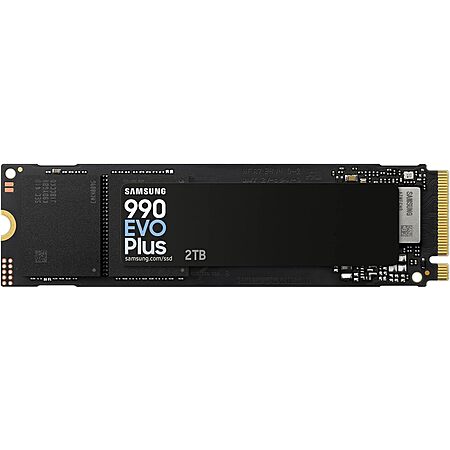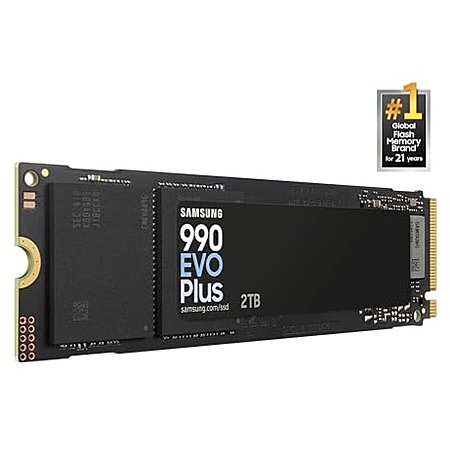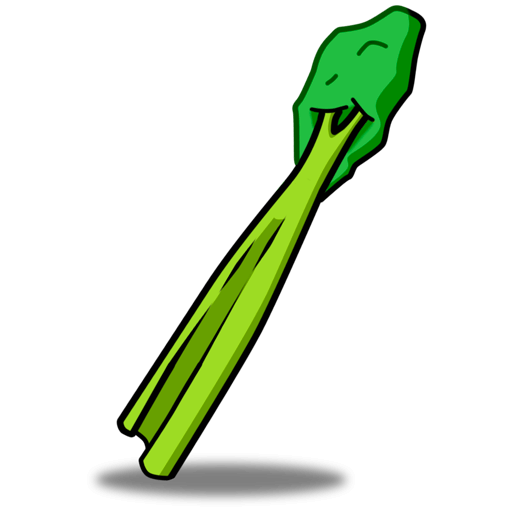Update: This popular deal is still available.
Various Retailers have
2TB Samsung 990 EVO Plus NVMe Internal Solid State Drive (MZ-V9S2T0B/AM) on sale for
$129.99.
Shipping is free.
Thanks to Community Member
Intelpimp for sharing this deal.
Available from:
About this product:
- Sequential read/write speeds up to 7,250/6,300MB/s
- Intelligent TurboWrite2.0's enhanced large-file performance
- Nickel-coated controller to utilize less power while achieving similar performance to other SSD
- Compatible with PCIe 4.0 x4 and PCIe 5.0 x2






Leave a Comment
Top Comments
DRAM and the pSLC cache serve totally different purposes. DRAM primarily stores a copy of the mapping table (FTL). It mostly helps with random I/O performance and slightly reduces write amplification. DRAM-less NVMe drives usually have HMB, which allows a small amount of system memory to be used to help compensate for the lack of DRAM. It's not as good as having a large amount of onboard DRAM but it still yields pretty good results. Note that NVMe drives used in USB enclosures or the PS5 can't use HMB. I think many people massively overstate the need for DRAM, especially with NVMe drives. Plenty of people would be happy with a DRAM-less (inherently HMB-less) SATA drive for their OS.
The pSLC cache is a write cache. It allows a limited amount of data to be quickly written to the drive. Virtually all modern consumer drives have this (whether they have DRAM or not), though the implementation can vary. Once the cache is full, write speeds drop substantially. The drop is much larger on QLC drives. The Samsung 990 EVO Plus can maintain roughly ~1.5GB/s post-pSLC. The Samsung 990 Pro is virtually the same. There are some other TLC drives that can do a bit better. On the other hand, there are QLC drives that won't even be able to maintain 100MB/s.
Just to add, this drive is more than enough for the vast majority of users and uses.
from HakonPCA
https://api-web.slickdeals.net/images/misc/backlink.gif
:
Does dram still help? I thought SLC pretty much equaled or surpassed dram speed? Or is it just for really big files it still helps? Thanks
Dram helps mostly to look up where the files are on the drive. There may also be some caching for small files recently accessed etc.
The dram-less drives cache these in system ram. Big files almost never benefit from cache because they are writing in a stream. The cache is not helpful unless the other side is writing too quickly.
None of these are an issue for this drive and the higher end WD dram-less ssds because they are too damn fast to miss caching.
. In a laptop or pc, you will not miss the cache.
107 Comments
Sign up for a Slickdeals account to remove this ad.
Our community has rated this post as helpful. If you agree, why not thank sr27
from HakonPCA
:
Does dram still help? I thought SLC pretty much equaled or surpassed dram speed? Or is it just for really big files it still helps? Thanks
Dram helps mostly to look up where the files are on the drive. There may also be some caching for small files recently accessed etc.
The dram-less drives cache these in system ram. Big files almost never benefit from cache because they are writing in a stream. The cache is not helpful unless the other side is writing too quickly.
None of these are an issue for this drive and the higher end WD dram-less ssds because they are too damn fast to miss caching.
. In a laptop or pc, you will not miss the cache.
Sign up for a Slickdeals account to remove this ad.
Our community has rated this post as helpful. If you agree, why not thank edgarwong
Our community has rated this post as helpful. If you agree, why not thank MWink
The pSLC cache is a write cache. It allows a limited amount of data to be quickly written to the drive. Virtually all modern consumer drives have this (whether they have DRAM or not), though the implementation can vary. Once the cache is full, write speeds drop substantially. The drop is much larger on QLC drives. The Samsung 990 EVO Plus can maintain roughly ~1.5GB/s post-pSLC. The Samsung 990 Pro is virtually the same. There are some other TLC drives that can do a bit better. On the other hand, there are QLC drives that won't even be able to maintain 100MB/s.
Just to add, this drive is more than enough for the vast majority of users and uses.
Sign up for a Slickdeals account to remove this ad.
Leave a Comment